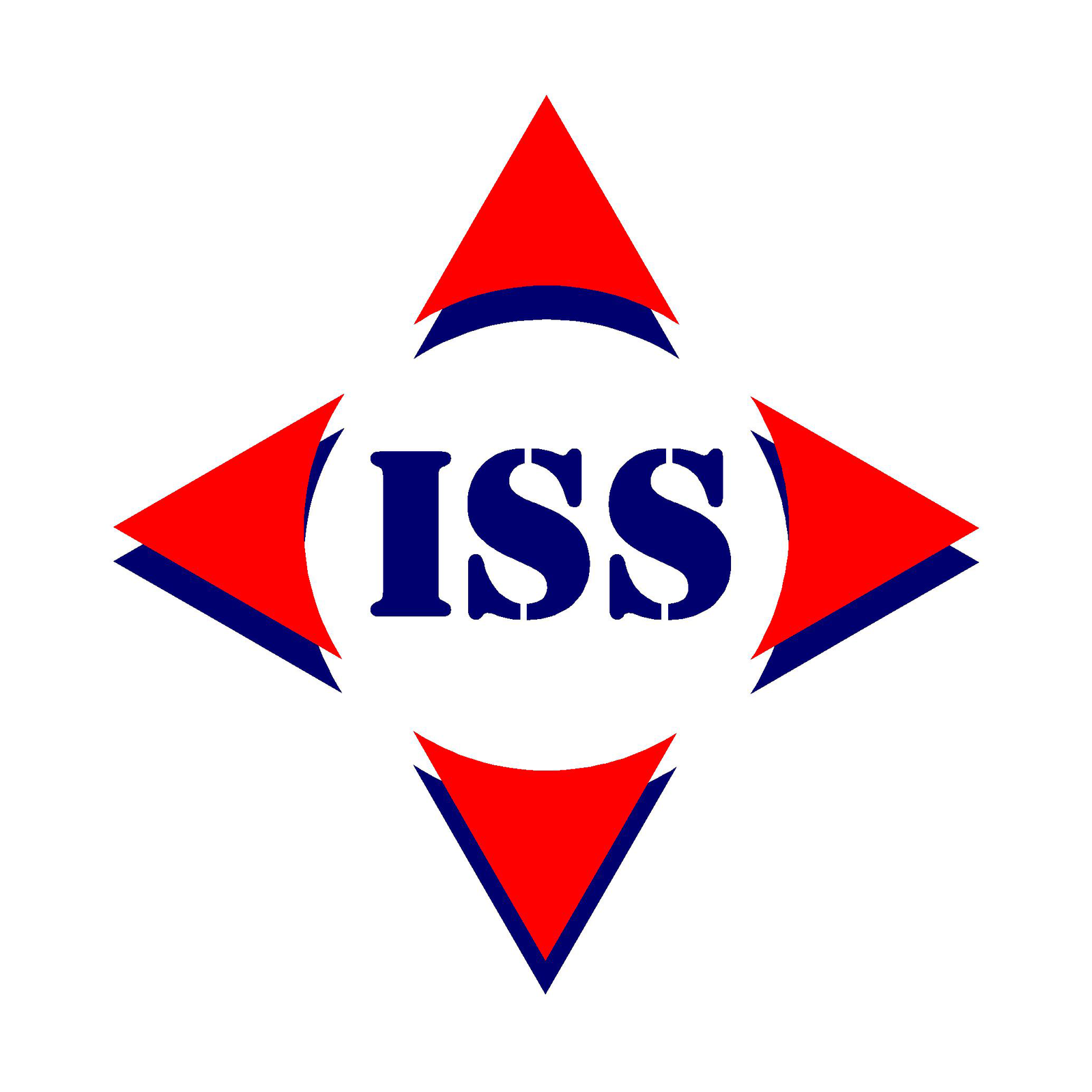Incoterms were developed and first published by the International Chamber of Commerce (ICC) in 1936 as a means of regulating trade agreements and defining rights and responsibilities throughout the supply chain. They are often described as being the terms that the buyer and seller of goods both agree to during international transactions.
Incoterms are accepted by governments and legal authorities around the world. Having a thorough understanding of all Incoterms is critical in international trade as they define which tasks, costs, and risks are associated with either the buyer or seller.
Each Incoterm states when the seller’s costs and risks are transferred onto the buyer. Not all rules apply in all cases, however. Some terms cover all modes of transport (road, rail, air, and sea). These are FCA, CPT, CIP, DAP, DPU, and DDP. Other terms cover only sea/inland waterway transport (sea). These are FAS, FOB, CFR, and CIF.
Incoterms play an important role in regulating international trade. They provide internationally accepted definitions and rules of interpretation for most common commercial terms used in contracts for the sale of goods.
All International purchases are processed on an agreed Incoterm to define which party legally incurs costs and risks. Incoterms will be clearly stated on relevant shipping documents.
For more information, get in contact with ISS today.




